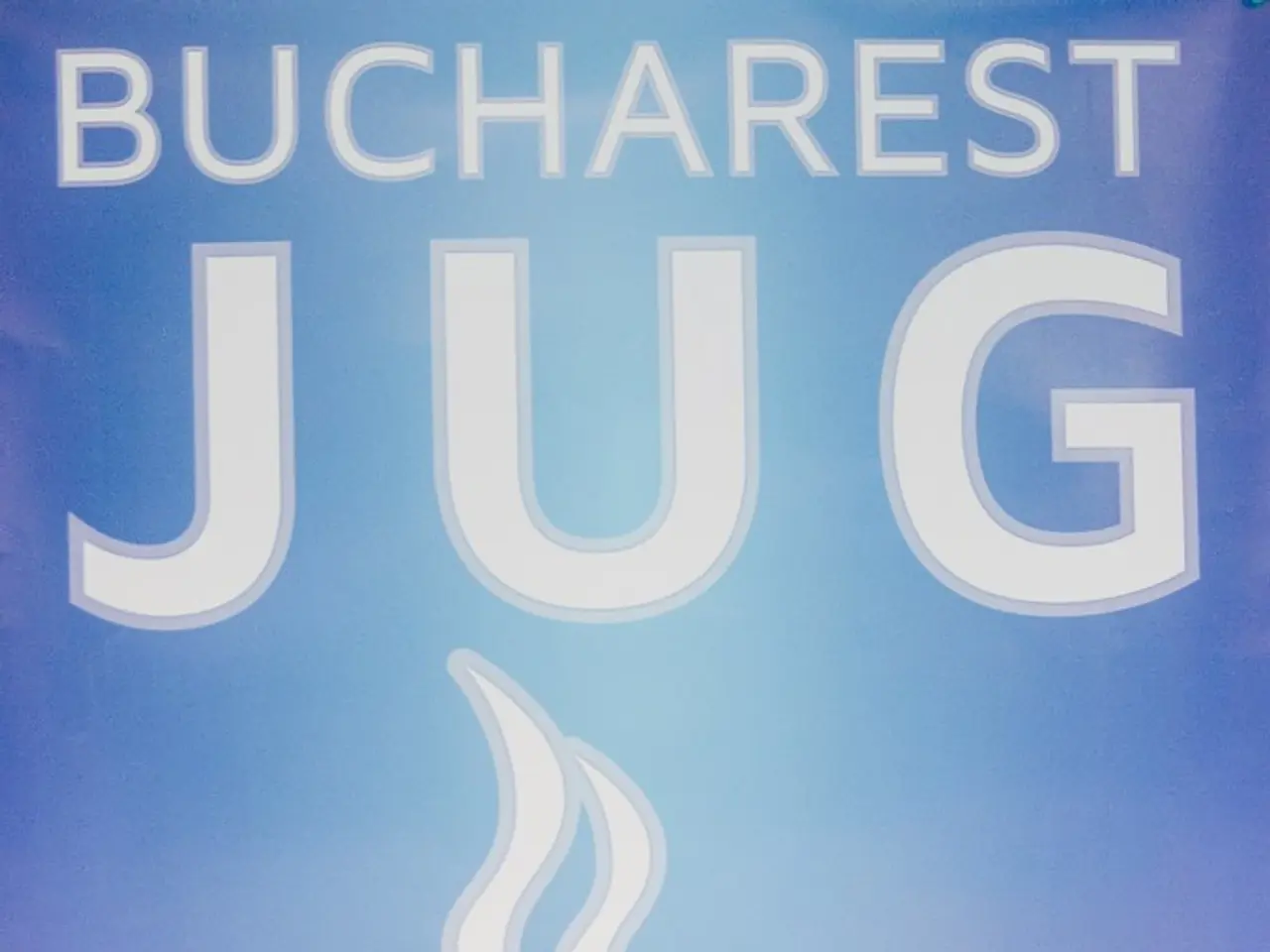Finance Minister of Brazil shifts blame for budget issues onto the recently implemented gambling regulations
Brazil took a significant step forward in 2023 when it legalized and regulated sports betting, marking the beginning of a new era for gambling in the country. The regulatory framework, known as the Bets regime, was established through Law No. 14,790/2023 and officially launched on January 1, 2025, with 14 companies granted full licenses and over 50 operating with provisional licenses.
Under the Bets regime, operators must be based in Brazil and adhere to strict anti-money laundering and consumer protection measures. Only ".bet.br" domains are permitted, and the use of credit cards or cryptocurrencies for betting is prohibited. Operators face taxation on gross gaming revenue, and player winnings are subject to income tax.
The Ministry of Finance, led by Finance Minister Fernando Haddad, oversees the Bets regime and its regulatory agency, the Prizes and Betting Secretariat (SPA/MF). Haddad's involvement in the Bets regime includes overseeing licensing, tax matters, and ensuring adherence to regulatory frameworks, given the importance of revenue and legal compliance in gambling operations.
However, Haddad has expressed reluctance about his role in the Bets regime, stating that it has created a significant mess. His comments have riled sensitivities among stakeholders, making the Bets regime a topic of controversy. In an interview with Eduardo Moreira, Haddad presented himself as a reluctant steward of the Bets regime and its mandate.
Recent developments in the Bets regime include a proposed tax hike on sports bets, increasing from 12% to 18%, with joint committee hearings scheduled for August 2025. As Brazil continues to develop its gambling regulatory environment, discussions on tightening taxation are underway as the market matures.
Despite the controversies surrounding the Bets regime, it is still in progress, transforming Brazil from a grey to a regulated marketplace. The Bets regime is overseen by Ana Maria Menezes, as reported by SBC News, but Haddad's role in its implementation and management is significant.
Some stakeholders have even called for the Bets regime to be halted due to the problems it has caused, as expressed by Finance Minister Fernando Haddad himself. He believes that the revenue generated from the Bets regime is not justifying the problems it has caused.
In summary, the Bets regime, a regulatory system for iGaming and sports betting in Brazil, has faced controversy due to the issues it has caused. Finance Minister Fernando Haddad, who played a significant role in its creation, has expressed his reluctance in his role as the steward of the Bets regime and its mandate. As discussions on tightening taxation continue, the future of the Bets regime remains uncertain.
The Finance Minister Fernando Haddad, in charge of the Bets regime, has expressed concerns about the significant issues the sports-betting regulatory system has caused, even as some stakeholders call for its halting. This reluctance comes as discussions continue regarding tightening taxation on business operations in the sports-betting and iGaming sector, under the Bets regime, which is transforming Brazil into a regulated marketplace for these activities. The business revenue generated from the Bets regime, as stated by Haddad himself, may not be justifying the problems it has caused. In this context, the future of the Bets regime remains uncertain, with potential implications for the finance and sports industries in Brazil.






